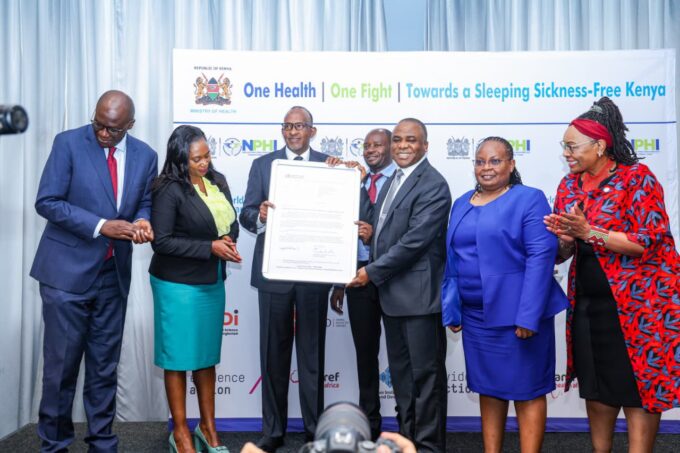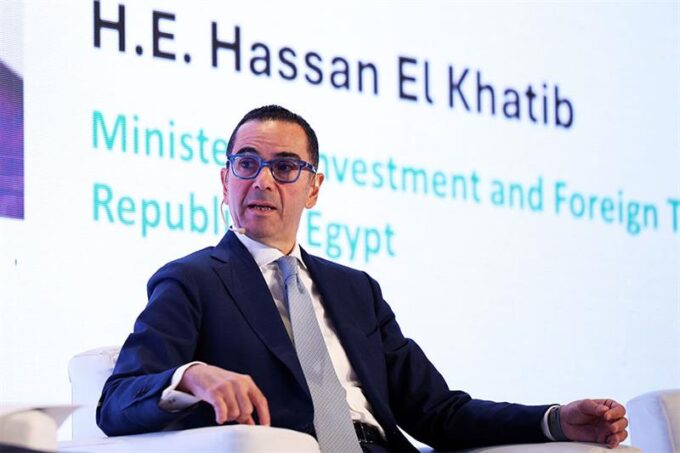Nigeria witnessed a 22.85% decline in capital importation during the second quarter (Q2) of 2024, as inflows dropped from $3.37 billion in the first quarter to $2.60 billion, according to a recent report by the National Bureau of Statistics (NBS). Despite this quarter-on-quarter drop, the figures mark a significant 152.8% rise compared to the same period in 2023, when Nigeria saw $1.03 billion in capital imports.
The NBS report revealed that portfolio investment remained the largest contributor to capital inflows, amounting to $1.40 billion, or 53.93% of total capital importation in Q2 2024. Other investment categories followed closely with $1.169 billion, accounting for 44.92% of the total inflow. The majority of these investments were channeled into loans, which made up 98.6% of other investments, totaling $1.15 billion. Meanwhile, foreign capital classified as “other claims” was a minor player, contributing just $16 million during the quarter.
In the realm of portfolio investment, foreign capital into equities constituted 10.67% of the total, translating to $149.93 million. The bulk of portfolio inflows went into money market instruments, with $1.07 billion representing 76.6% of total portfolio investment. Capital inflows into bonds accounted for 12.6%, totaling $177.79 million during the period. However, a quarter-on-quarter decline was observed, with foreign capital inflows into bonds dropping by 57.75%, and those into money market instruments falling by 32.92% compared to the first quarter of 2024.
Foreign Direct Investment (FDI) continued to underperform, bringing in just $29.83 million, or 1.15% of total capital importation for Q2 2024. The decline in FDIs is attributed to the Central Bank of Nigeria’s (CBN) monetary policies, specifically the increase in the Monetary Policy Rate (MPR), which has diverted cash from the real sector of the economy into more liquid money market instruments. This trend has caused FDIs to lag behind other forms of capital inflow in recent quarters.
Looking at the sectors that attracted the most foreign capital, the banking industry remained the top destination, receiving $1.12 billion, or 43.15% of total capital importation. This trend has been consistent over previous quarters, as foreign investors continue to see Nigeria’s banking sector as a lucrative space for capital deployment. The production and manufacturing sector followed with $624.71 million, representing 23.99% of total inflows, while the trading sector attracted $569.22 million, making up 21.86%.
In terms of the source of capital, the United Kingdom remained the dominant player, contributing $1.12 billion, or 43.01% of Nigeria’s total capital importation for Q2 2024. The Netherlands came in second with $577.82 million (22.19%), followed by South Africa, which provided $255.98 million, or 9.83%. These three countries together accounted for over 75% of the total capital inflows during the quarter, underscoring the strong economic ties between Nigeria and these foreign investors.
The capital importation figures for Q2 2024 illustrate a mixed performance, with notable declines in portfolio investments in bonds and money market instruments, alongside a continued struggle in FDI inflows. However, the significant year-on-year growth offers a glimmer of hope for Nigeria’s economy, especially as the country works to improve its investment climate amid fluctuating global market conditions.














Leave a comment